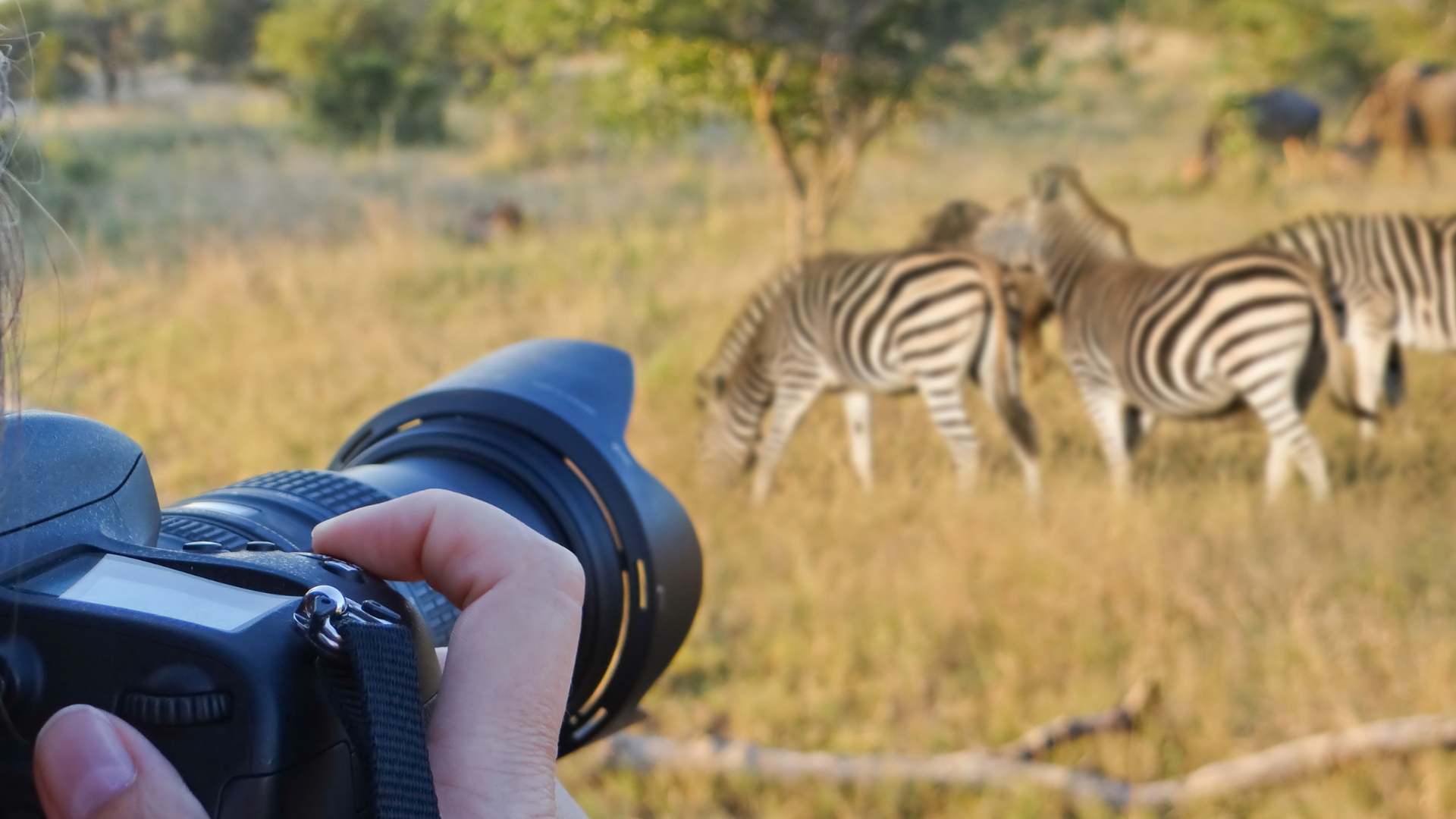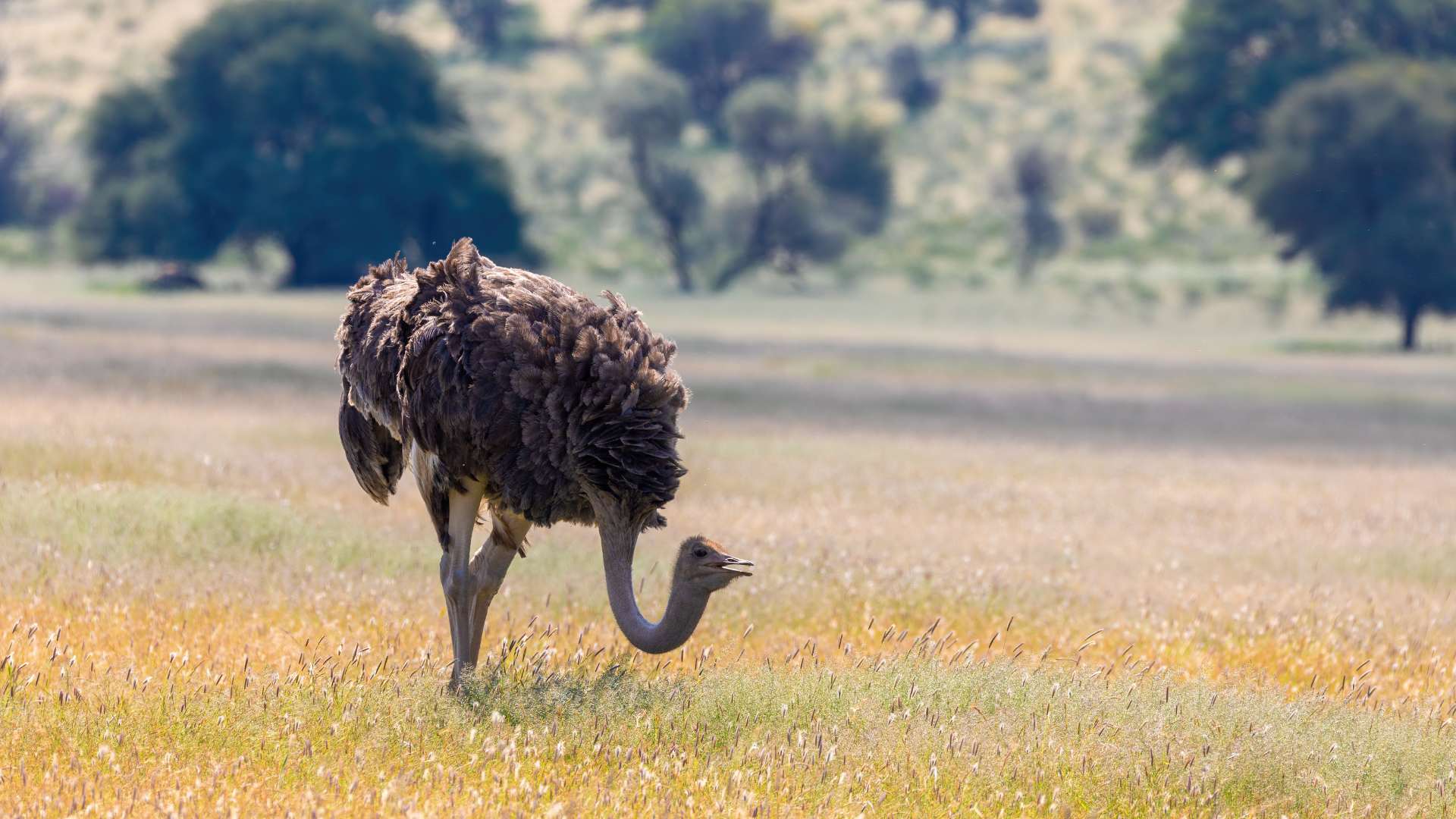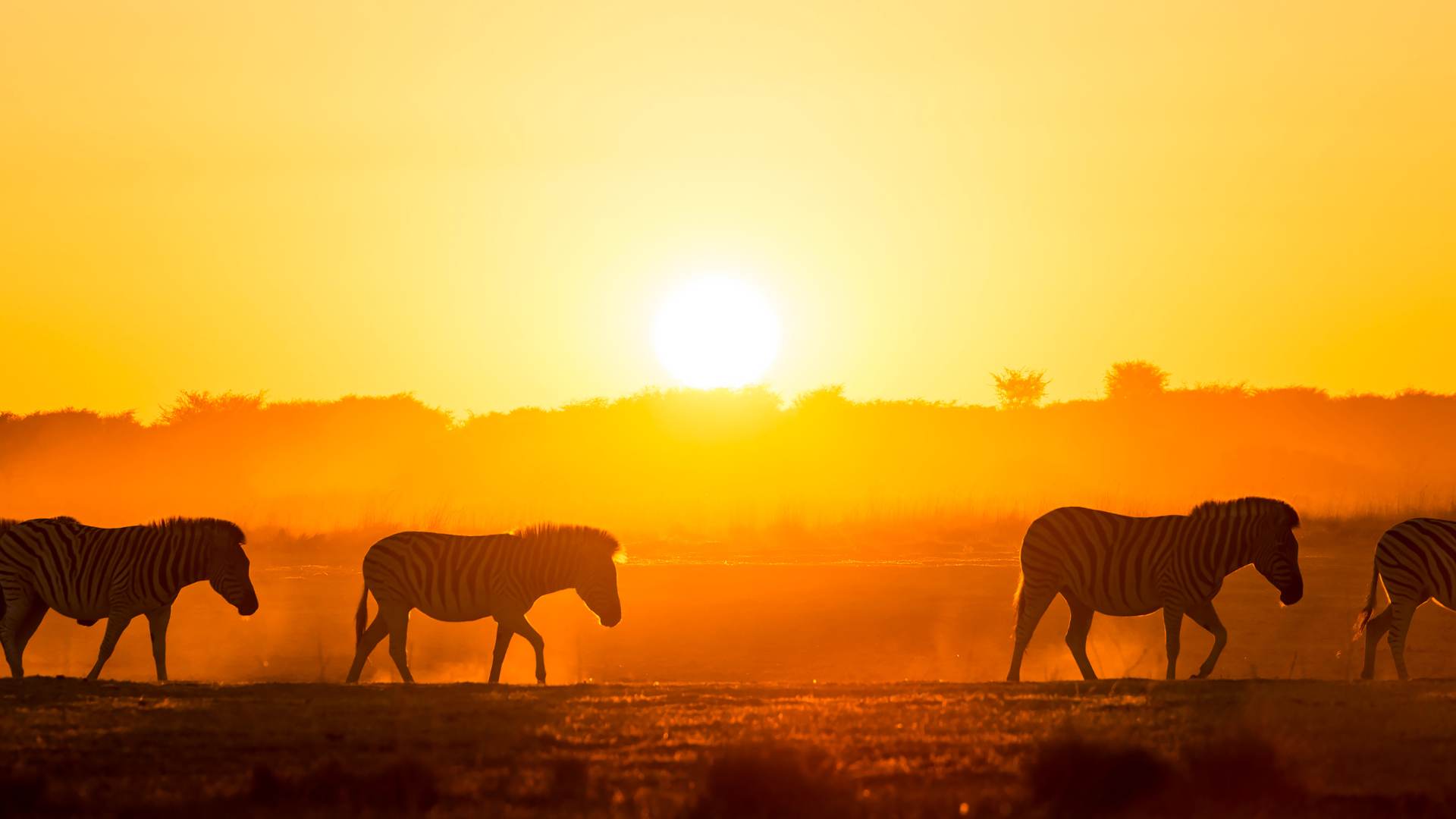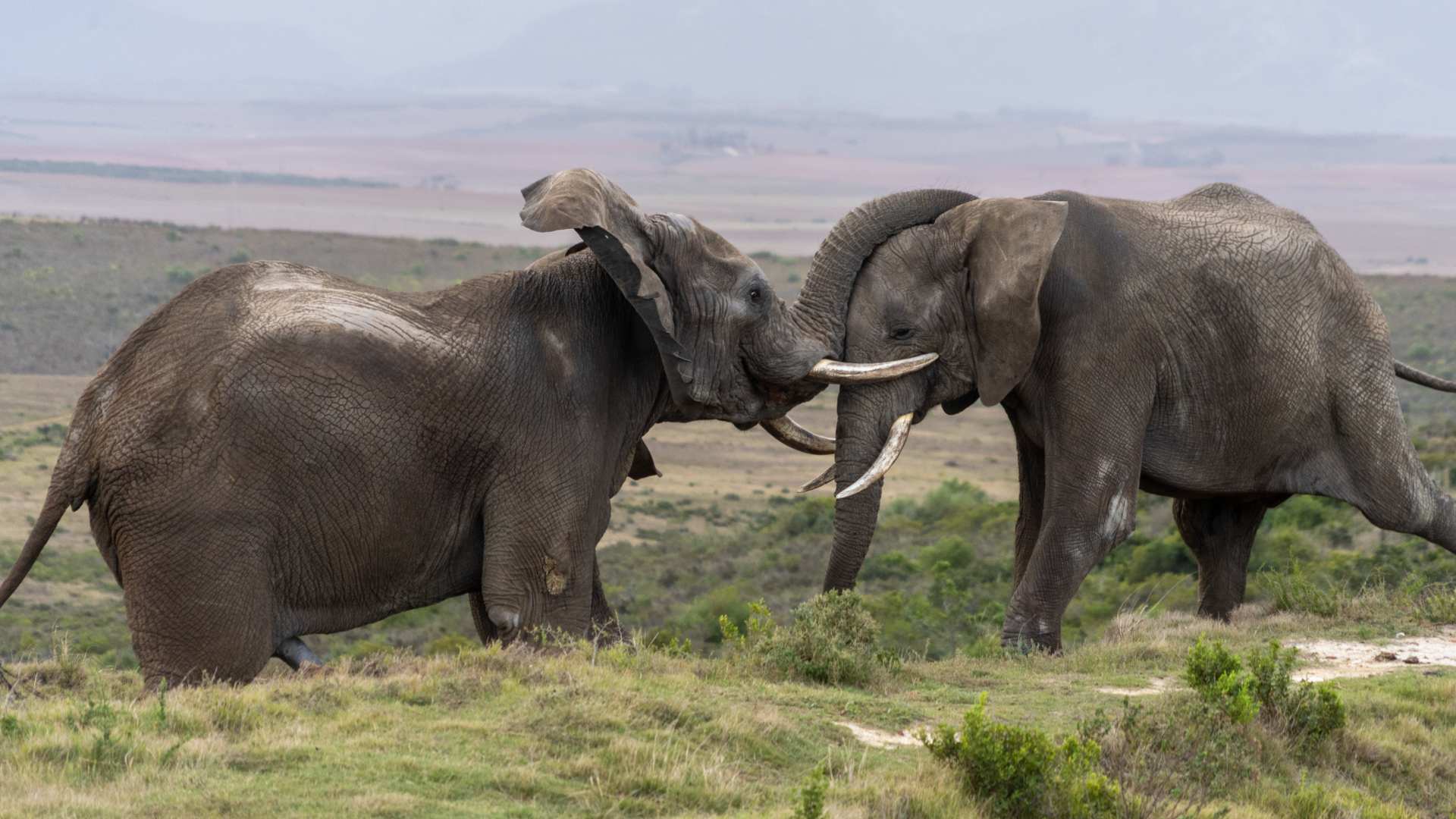Kruger National Park
Embark on a wild adventure through the captivating landscapes and vibrant culture of South Africa with a short week safari in the iconic Kruger National Park. Get up close and personal with majestic African elephants, witness the awe-inspiring beauty of untamed wildlife, and immerse yourself in the rich heritage of this extraordinary destination. Experience the thrill of safari drives, where you’ll encounter lions, zebras, and countless other magnificent creatures roaming freely in their natural habitat. Engage with local communities and gain a deeper appreciation for the traditional ways of life. Whether you’re an avid nature enthusiast or simply seeking a unique travel experience, a visit to Kruger National Park promises an unforgettable journey into the heart of Africa.

Let’s Customise your Kruger Safari Packages !
About the Forest
Kruger National Park, oh what a magnificent place! This South African National Park is simply breathtaking and one of the largest game reserves in all of Africa. With its vast area covering 19,623 km2, it’s no wonder that this park is a paradise for wildlife enthusiasts. Located in the provinces of Limpopo and Mpumalanga in northeastern South Africa, Kruger National Park stretches an impressive 360 km from north to south and 65 km from east to west. The sheer size of this park allows for a diverse range of habitats and ecosystems, making it a haven for countless species of animals and plants.
Just the thought of exploring this incredible park brings excitement to my heart. Imagine witnessing the majestic elephants roaming freely in their natural habitat, or catching a glimpse of the elusive leopards hiding in the dense foliage. And let’s not forget about the mighty lions, the kings of the savannah, who rule over their territories with power and grace. Kruger National Park is home to all of these incredible creatures and so much more.
What makes Kruger National Park even more special is its rich history. Protected by the government of the South African Republic as early as 1898, this park holds great significance as South Africa’s first national park, established in 1926. It’s a testament to the country’s commitment to preserving its natural heritage and allowing future generations to experience the wonders of the wild.
I can’t help but feel a sense of wonder and adventure when thinking about Kruger National Park. The administrative headquarters in Skukuza serve as a gateway to this incredible wilderness, providing visitors with all the necessary information and amenities for an unforgettable experience. Whether you’re an avid photographer, a nature lover, or simply seeking an escape from the hustle and bustle of everyday life, Kruger National Park is the ultimate destination that will leave you in awe of nature’s beauty.

Your Itinerary
Day 1 – 2: Hazyview – Panorama Route
Welcome to South Africa! Fly from Johannesburg to an airport near Kruger National Park, where a private car is waiting to take you to a country estate in Hazyview. You will spend 2 nights in this tranquil oasis in the African bush. Greet the African sun as it rises on your second day.
Spend the day on a tour of the scenic Panorama Route featuring some spectacular natural wonders including Blyde River Canyon and Bourke’s Luck Pothole which is a series of cylindrical rock formations created by years of erosion. You will also visit the Three Rondavels, iconic mountain tops which look like traditional African homesteads.
Day 3 – 4: Local Traditions and Game Drives
As the African sun ascends, you will be transferred from Hazyview to the untamed Kruger National Park, where you will spend 2 nights at a Kruger Park safari lodge on the banks of the Mluwati River. The intimate Hoyo Hoyo Safari Lodge is a celebration of local Tsonga culture. Sleep in traditional thatched beehive rondavels, decorated with the tribal designs and earthy tones of the Tsonga people.
Embark on early morning game drives in open safari vehicles, in the company of experienced rangers and trackers, and see the bushveld come alive with all manner of wildlife species. Enjoy scenic sundowners on afternoon game drives in the heart of Big 5 territory and experience the thrill of the untamed African wilderness.
The Kruger National Park is home to a plethora of animal species, from plains game like zebra and antelope to leopards, lions and hippos. The park is a bird watcher’s paradise and is sure to thrill and intrigue you.
Day 5: Say Goodbye to the Kruger National Park
The time has come to say goodbye to the wild paradise of the Kruger National Park. A shared road transfer will collect you and fellow guests at Hoyo Hoyo Safari Lodge and take you to the airport. Leave your last footprints in the red soil of Africa before flying back to Johannesburg and beyond. Until we meet again.

Best Time to Visit Kruger National Park
The Kruger Park is an all year round destination, with each season bringing its own highlights. Whatever time you decide to safari in the Kruger National Park – you will not be disappointed!
Game viewing can be at its best during the dry winters months, however the wet summer season brings full waterholes, lush bushveld, many newborn wildlife and the summer migrant birds arrive. The Kruger Park has a hot, sub-tropical climate and most of the year it is hot during the day (above 25 ° C).
Summer
Summer is the rainy season in Kruger Park. The rains fill the rivers and waterholes, resulting in the bushveld looking lush. Game viewing is sometimes a bit more difficult in the summer season because the vegetation is dense, making it bit harder to locate and observe wildlife. Towards the end of November and early December, Kruger National Park is filled with newborns and spotting wildlife with their young is a memorable Kruger Park safari experience.
Birding is excellent during this time as the summer migrant birds arrive. If you are planning on visiting the Kruger Park during summer we recommend you travel in an air-conditioned vehicle and stay in air-conditioned accommodation.
It can get very hot during the day with up to a high of 30 degrees celsius. Camping can be a bit unpleasant, but if you are a die-hard camping enthusiast the heat and rain should not deter you.
Winter
Although some visitors might prefer the lush vegetation of the summer months, the best time for observing African wildlife in Kruger National Park is the dry winter season. The bushveld is more open allowing for better visibility. The grass is low, the bushes and trees are sparsely leaved and because it is so dry – with no rain – the wildlife will migrate towards the water.
Water holes, dams and rivers become a hive of activity and you are more likely to spot wildlife in the morning and evening as they come for a drink of water. The day temperatures in winter are pleasant but it can get quite chilly during the night-time so make sure you pack something warm when going on your afternoon/night game drives.



